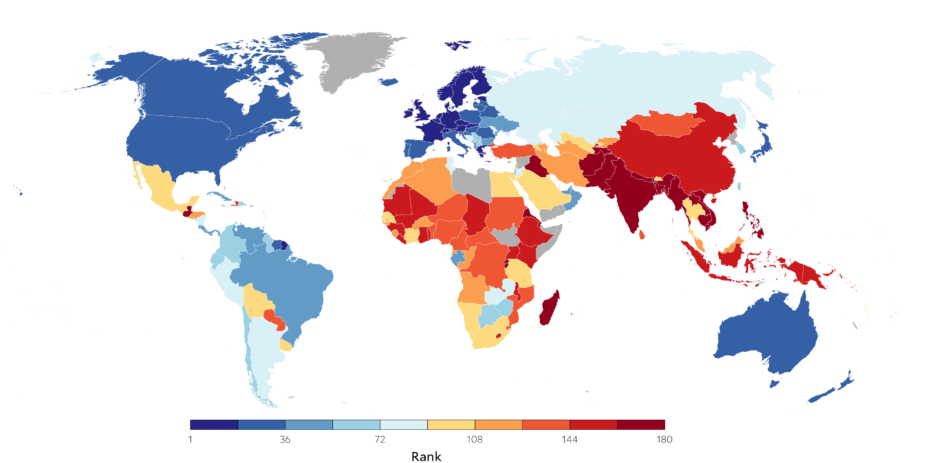From EcoWatch
Summary
- Human-induced warming has averaged 1.19 °C over the past decade, but by 2023 warming caused by human activity had reached 1.43 °C.
- The remaining carbon budget for 1.5 °C of global warming is only around 200 gigatons, indicating the urgency of addressing climate change.
- Climate action has slowed the rise in greenhouse gas emissions, but global temperatures are still rising.
- Reductions in sulfur emissions and aerosol emissions are impacting the Earth’s climate, indicating the complexity of the issue.
Scientists have determined that the rate of global warming increased in 2023, the same year that the Northern Hemisphere experienced its hottest summer on record. The vast majority, 92%, of extreme heat in 2023 could be attributed to humans, scientists said.
A team of 57 scientists completed research on the high temperatures the world experienced in 2023 and used methods approved by the United Nations to investigate the warming, The Associated Press reported. They found that the world reached a warming rate of 0.26 degrees Celsius (0.47 degrees Fahrenheit) per decade in 2023, a record high rate. In 2022, the warming rate per decade had been 0.25 degrees Celsius (0.45 degrees Fahrenheit). They published their findings in the journal Earth System Science Data.
According to the study, the average greenhouse gas emissions per decade have been on a constant increase since the 1970s, especially because of an increase in carbon dioxide emissions from fossil fuels. There have also been increases in methane and nitrous oxide, the report noted.
[...]





